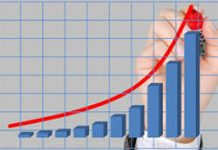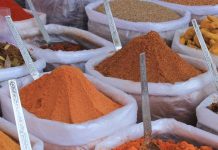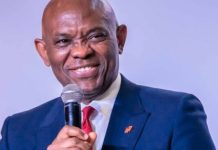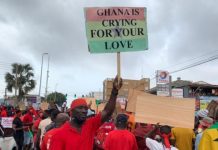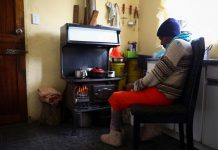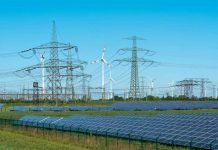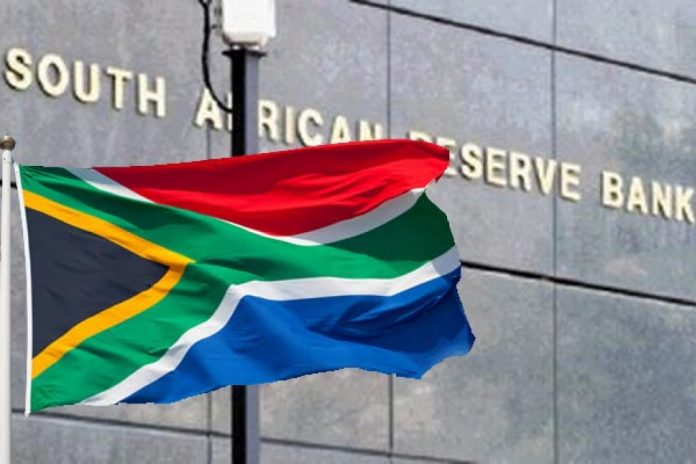Reuters – South Africa’s Reserve Bank is set to make its first 50 basis point hike to its repo rate in more than six years next week, taking it to 4.75%, to prevent potential second-round effects from higher consumer prices, a Reuters poll forecast on Friday.
Despite a cost of living crisis expected to have a severe impact on growth, 16 of 24 economists in the May 9-12 survey concluded the central bank would raise its repo rate by 50 basis points (bps) on May 19. The remaining eight opted for a 25 bps increase.
Last month only four of 17 economists thought a 50 bps hike was likely, against 13 who said 25 basis points.
A median of 16 economists showed an almost 60% probability the SARB would hike interest rates by 50 bps this month.
“We expect the SARB to step up the pace of policy normalisation in its May MPC meeting, delivering a 50 bps rate hike to 4.75%,” said Jeffrey Schultz, economist at BNP Paribas.
The Reserve Bank has not used 50 bps hikes in its policy toolkit since January 2016. It was the norm prior to the 2008/09 global recession.
Still, the Bank was expected to return to 25 bps hikes in every quarter until 6.00% was reached in the third quarter of next year.
Schultz added there were growing concerns over materialising upside risks to inflation – both core and non-core – a weaker currency and what was likely to be a faster frontloading of U.S. Federal Reserve hikes over coming months.
The poll suggested inflation would average 5.9% this year and slow to 4.7% next year, slightly higher than last month’s 5.7% and 4.6% respective forecasts.
Any further upward revision could breach the SARB’s 3-6% upper comfort level for 2022.
Some governments have responded to rising prices by cutting fuel taxes or granting subsidies.
In South Africa, the temporary cut to the fuel levy by 1.50 rand ($0.0924) per litre of petrol will come to an end late this month, setting the scene for much higher fuel price increases at gas stations next month.
Independent economist Elize Kruger said the sheer extent of such a hefty fuel price increase in a single month would result in a higher probability of a severe indirect negative effect on prices (second round effects) as every product that has to be transported would become more expensive.
“Workers will demand higher wages to compensate for higher living costs, also adding to the production costs in the economy and in this process prices in most of the CPI basket will show increases. The SARB would be very uncomfortable if second round effects start to appear in a meaningful way,” said Kruger.
South African economic growth was expected to slow to 1.8% this year from a 4.9% expansion last year and stay at that rate across the forecast horizon.
Ten of 14 economists expected a “severe impact” from the cost of living crisis on economic growth this year, while the other four suggested a “mild effect” owing to the Reserve Bank’s credibility in monetary policy.
Apart from rising prices across the world, South Africans have had to deal with rotational power disruptions that constrain growth in Africa’s most developed economy and undermine job creation. ($1 = 16.2372 rand)


